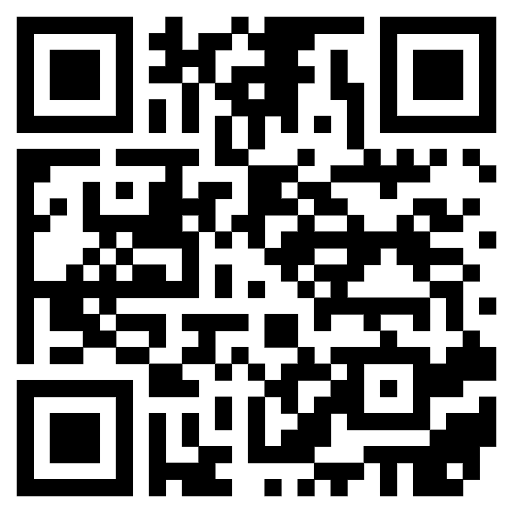Anxiety disorders are among the most prevalent illnesses in children and adolescents. Children and teens who have these problems perform less well in school, at home, and in social situations. It is crucial to determine the best behavioral and psychiatric therapies for these illnesses. Given the significance of the aforementioned subject, this study looked at how well cognitive-behavioral therapy treats anxiety problems in children and adolescents. Most of the reviewed research contained methodological and theoretical problems. Several challenges included the following: the existence of weaknesses and deficiencies in comparing the results with previous similar studies, the weak explanations provided, the small sample size, and the lack of reference to monitoring methods and advanced formulas of statistics. The majority of the studies under examination did not accurately present and report the data according to the worldwide standard for clinical trials principles and standards. The findings of the studies under review indicate a weak to moderate effectiveness of intervention protocols, but it appears that if the theoretical and methodological issues are resolved, a more precise assessment of the efficacy of cognitive behavioral therapy for anxiety disorders in children and adolescents can be made.
